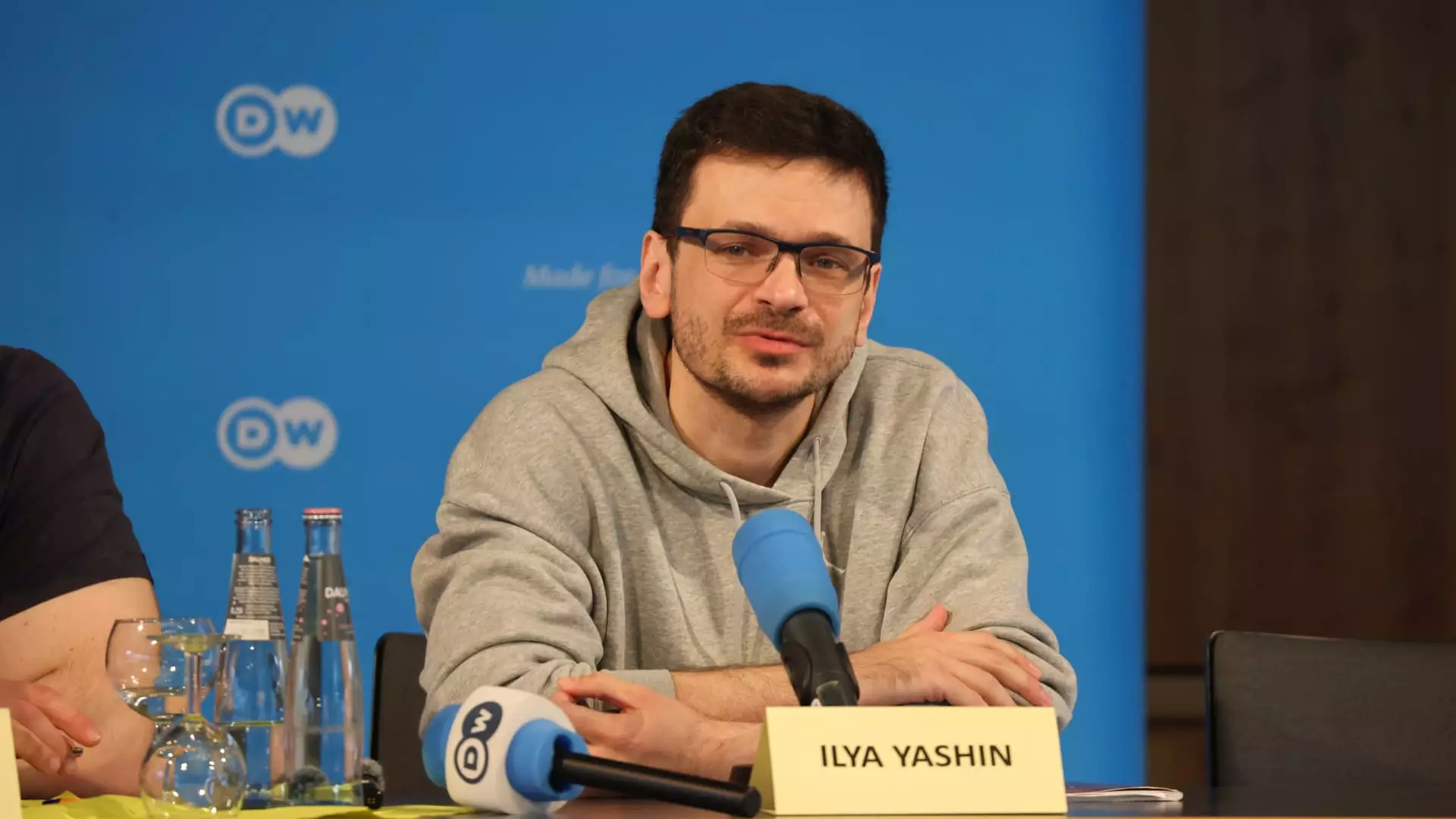Ilya Yashin, a Russian opposition activist, was recently freed from jail in a prisoner swap but expressed fury at being deported against his will. Despite being released in a prisoner exchange that Western leaders saw as necessary to protect dissidents, Yashin felt that he should not have been deported. He voiced his displeasure at being removed from his home country, and at not being consulted about the decision to deport him. This highlights the emotional toll that deportation can take on individuals, especially political opponents of authoritarian regimes.
Despite the challenges he faced, Yashin showed remarkable determination to continue his political fight against President Vladimir Putin from abroad. Alongside other activists who were also freed in the prisoner swap, he expressed his commitment to working towards a more democratic Russia. This demonstrates the resilience and unwavering dedication that individuals like Yashin possess, even in the face of adversity and hardship.
Throughout the ordeal, Yashin and his fellow activists did not shy away from criticizing Putin’s regime. They blamed Putin for the deaths of prominent political figures, as well as for the suffering of thousands of Ukrainians. By openly condemning Putin and his government, they displayed immense courage and a strong sense of moral conviction. Their willingness to speak out against injustice and oppression is a testament to their commitment to democracy and human rights.
The involvement of Western leaders in securing the release of Yashin and other dissidents highlights the importance of international solidarity in supporting political prisoners. While the prisoner exchange was a complex and difficult decision, it ultimately saved lives and offered hope to individuals who had been unjustly imprisoned. The actions of Western leaders in advocating for the release of political prisoners demonstrate the power of collective action in the fight against authoritarianism and injustice.
Yashin’s account of his time in prison sheds light on the psychological toll of imprisonment, particularly under authoritarian regimes. He described being subjected to psychological torture, including limited contact with his family and long periods of solitary confinement. The emotional and mental strain of such conditions is profound, and highlights the need for greater awareness of the human rights abuses faced by political prisoners around the world.
The experience of Ilya Yashin and other Russian dissidents underscores the importance of standing up against authoritarianism and fighting for democracy and human rights. Their resilience, determination, and courage serve as a powerful reminder of the ongoing struggle for justice and freedom in oppressive regimes. The international community must continue to support and advocate for political prisoners, ensuring that their voices are heard and their rights are upheld.


Leave a Reply